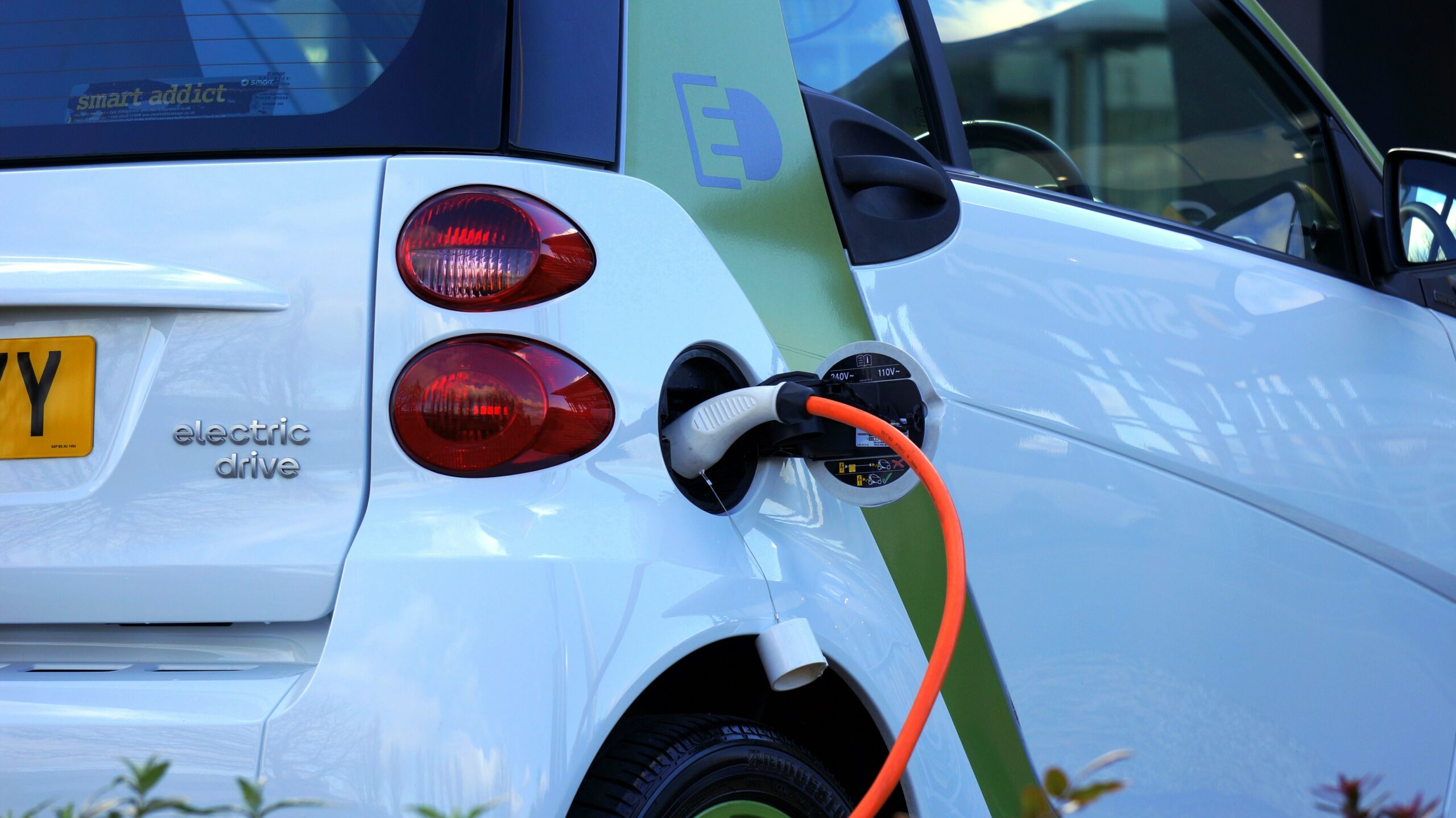From the point of view of VAT, it was not obvious whether charging electric vehicles was a supply of services or a supply of goods (electricity). This dispute was finally settled by the CJEU.
The analysis started from looking at the legal definition of goods and services : goods are understood as things and their parts, as well as all forms of energy. The provision of services is understood as any performance for the benefit of a natural person, a legal person or an organizational unit without legal personality, which does not constitute a supply of goods.
When the driver refuels the car with petrol or diesel fuel he is buying goods. However, when he uses an electric vehicle charging station, there is a problem whether he buys goods in the form of energy or buys a service.
The Act on electromobility and alternative fuels (Journal of Laws of 2022, item 1083, as amended) uses the term “charging service” in this case. Still, the driver using the vehicle charging station is interested in purchasing the electricity needed to drive his vehicle, i.e. he is interested in purchasing goods (electricity).
In the tax rulings issued on the discussed subject, the Polish tax authorities recognized that in this case there is a supply of electricity, and not the provision of a service consisting in providing devices for charging electric vehicles. The ultimate goal is not to use the infrastructure and technologies that enable charging vehicles at stations but to, for the user of an electric vehicle, charge the vehicle to drive it.
On the other hand, some taxpayers in their applications for rulings recognized that in this case a service is provided. This position was upheld by WSA in Warsaw in the judgment of June 6, 2018, file ref. III SA/Wa 3071/17, which settled the dispute between the taxpayer and the tax authority, whether the service provided at charging stations for electric vehicle users is a service (as the taxpayer believes) or is a supply of goods (electricity) – as claimed by the tax authority .
Judgment of the CJEU
The judgment of the Voivodship Administrative Court (WSA) of June 6, 2018 was appealed by the tax authority to the Supreme Administrative Court, which referred a question to the CJEU for a preliminary ruling on whether the service provided at charging points for the benefit of electric vehicle users, including:
a) providing charging devices (including integration of the charger with the vehicle’s operating system),
b) ensuring the flow of electricity with appropriately adjusted parameters to the batteries of the electric vehicle,
c) necessary technical support for vehicle users,
d) providing users with a special platform, website or application for booking a given connector, viewing the history of transactions and payments made, as well as the possibility of using the so-called e-wallet, used to make payments for individual charging sessions
– constitutes the supply of goods or the provision of services.
On April 20, 2023, in case C-282/22, the CJEU ruled that a “supply of goods” should be considered as one complex service consisting of making available devices for charging electric vehicles (including integration of the charger with the vehicle’s operating system), ensuring electricity with properly adapted parameters to the batteries of this vehicle, the necessary technical support for interested users and the provision of IT applications enabling booking connector, view transaction history and deposit funds collected in the digital wallet to be used for charging payments.
The CJEU explained that in determining whether a complex supply should be classified as a “supply of goods” or a “supply of services” within the meaning of the VAT Directive, it is necessary to take into account all the circumstances in which the transaction takes place in order to determine its characteristic and dominant elements.
The CJEU clarified that, in principle, the flow of electricity is a characteristic and dominant element of a single and complex service. Therefore, the act of charging electric vehicles should be regarded as the supply of electricity.
The above decision affects to determine the place of delivery of goods (energy), especially in transactions with foreign entities.
Read more about our VAT Consulting Services

